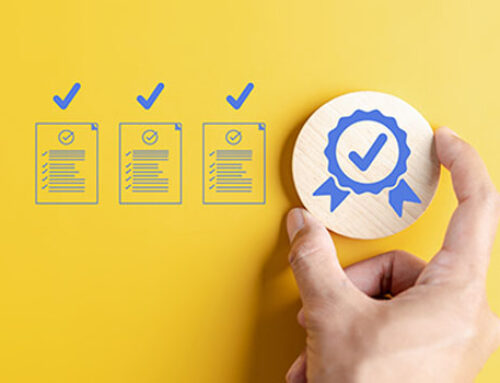Parking Policies in the HOA
With the holidays fast approaching, homeowners will be spending more time at home, rendering more vehicles in the community. Now would be a good time to review your association parking policy to make sure it’s up to date and being fairly enforced. Since parking is one of the hottest issues in HOA-governed communities, it’s important that parking policies are clearly spelled out in the association’s CC&Rs.
All expectations should be clearly defined so that the rules are not open for interpretation and the homeowner can clearly determine what is expected, leaving both you and the homeowners happy and informed.
Be Clear About HOA Parking
The rules should not only state where cars cannot park, but where they can park, as wells as what types of vehicles are/aren’t allowed. The CC&Rs should also lay out which steps homeowners should take in order to secure parking for guests, whether that be securing a guest parking pass or registering the visiting car with the HOA or management company.
The rules should also clearly state where guests are expected to park their vehicles. Additionally, if curbside parking isn’t allowed, ensure that there is clear signage to indicate where homeowners and guests can park so they can follow the rules.
Parking restrictions should also include specific language regarding overnight parking because homeowners may have different ideas about what “overnight” means, so it’s largely up to each individual HOA to clearly define it in their CC&Rs.
Communicate with Residents
If your community has rules around parking but hasn’t enforced them, don’t just start enforcing them without notifying homeowners. There is no faster way to upset residents than to suddenly change the way things work without communicating beforehand. Send out communication sharing the upcoming enforcement changes and the reasons why. If you notice a homeowner periodically or chronically violating the rules, chat with them. Chances are they aren’t aware of your community’s parking restrictions. Addressing these issues in a non-confrontational manner is a great way to defuse any potential problems.
Towing
Towing can be expensive and can complicate board-homeowner relationships, so consider all options before proceeding! That said – it might be your best option if you have a resident who continues to violate the rules even after they have been notified. Just make sure all no-parking areas are clearly marked and that the tow truck company posts visible signage so people know where to find their car. However, in order to legally tow a vehicle, the HOA must:
- Give prior notice to the homeowner of parking restrictions being violated.
- Provide written authorization for the tow to verify to the towing operator that the person requesting the tow has the proper authority to do so.
- Report the tow to both the owner and local traffic law enforcement agency.
Though parking enforcement is often a sticky issue for homeowners in HOA communities, open communication and clearly defined rules will help to considerably cut down on resident confusion and contention. If you need help managing parking violations in your community, we at Spectrum Association Management are here to help.







